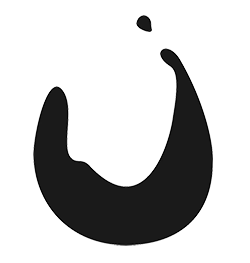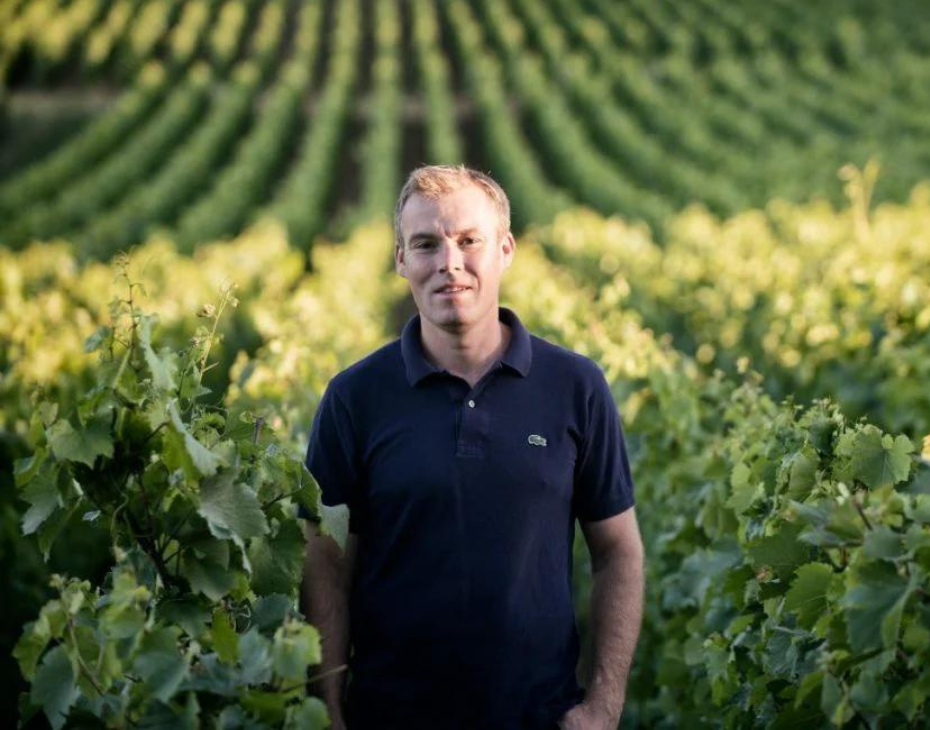2021 Benjamin Leroux Bourgogne Aligoté
This is one of the most exciting hidden gems we have found all year. Benjamin Leroux’s Aligoté is sourced from old vines in the prestigious regions of Meursault and Bouzeron and the wine showcases the best of what this grape has to offer. Five stars. Enjoy with citrus and herb driven dishes.
Certified organic & biodynamic farming practices, native yeast fermentation, no fining or filtering and aged for 12 months in used oak.
$50.00
Out of stock
Benjamin Leroux, born in 1975 in Beaune, grew up around wine despite his family not being vignerons. His early exposure to wine piqued his curiosity, leading him to study at Beaune’s viticulture school. Despite resistance from his family, he pursued his passion for winemaking, completing internships with influential figures like Pascal Marchand, who introduced him to biodynamic practices. Leroux’s experiences balanced both practical and scientific perspectives, reinforcing his commitment to organic and biodynamic farming.
His career took him to various winemaking regions, including Burgundy, Bordeaux, Oregon, and New Zealand. At just 24, he became the head winemaker at Comte Armand, where he stayed for 15 vintages. In 2007, Leroux launched his own négoce (wine merchant business), focusing on high-quality wines from purchased grapes. He eventually acquired his own vineyards, growing to 8 hectares, while continuing to emphasize organic and biodynamic farming. Leroux’s philosophy is rooted in observation and adapting to each vineyard’s unique needs, integrating biodynamic principles without strictly following a certification “recipe.” His approach to farming is thoughtful and nuanced, always evolving based on the specific conditions of the vines and the environment.
As for biodynamics, Ben says that “it is a philosophy, not a technique. What I like most about it, is the effect it has on the entire team. It teaches them to observe, not just the plant but what surrounds it—to think of the whole environment and not look for the easiest way to do something. It’s human nature. We all have a tendency to look for the easy way out. But sometimes it’s not about us, it’s about the vines or the soil—you have to make decisions not thinking only about yourself.”







